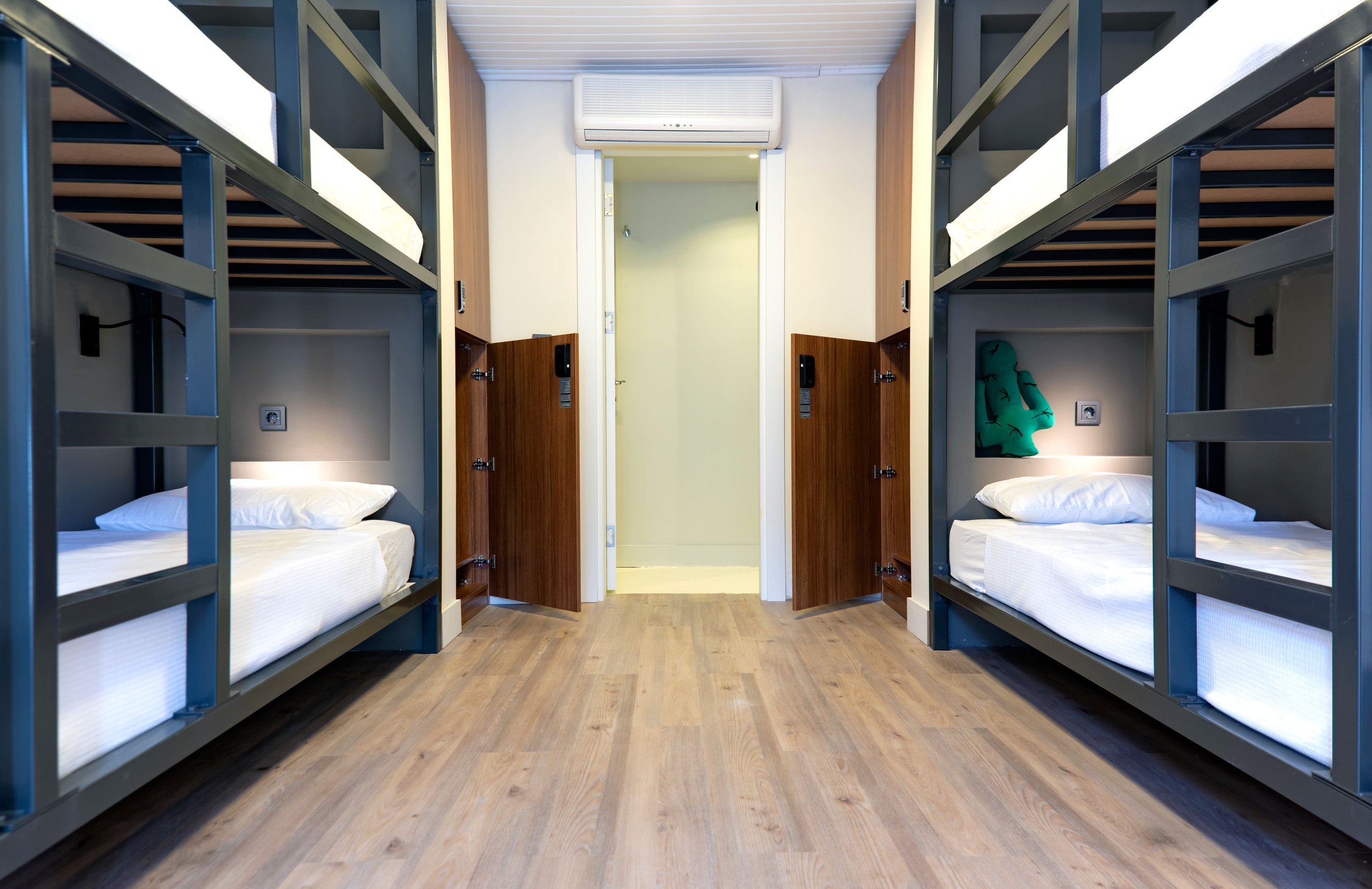Can Hotel Employees Live in the Hotel? What You Need to Know About On-Site Housing
The idea of hotel employees living on-site has become increasingly relevant in the hospitality industry, especially as labor shortages and rising housing costs continue to challenge both employers and workers. While not all hotels offer this benefit, many do, and it can be a valuable perk for staff members. Understanding the policies, benefits, and potential drawbacks of on-site housing is essential for anyone considering a job in the hotel industry.
The Concept of On-Site Housing for Hotel Employees
On-site housing refers to the practice of allowing hotel employees to reside in the hotel itself, either in dedicated employee quarters or in rooms that are typically reserved for guests. This arrangement can vary significantly from one establishment to another, depending on factors such as the size of the hotel, its location, and the type of workforce it employs. For example, large resort hotels may have separate employee dormitories, while smaller boutique hotels might convert a few guest rooms into staff accommodations.
Benefits of On-Site Housing for Employees
One of the most significant advantages of on-site housing is the convenience it offers. Employees who live in the hotel can save time and money by eliminating the need for daily commutes. This is particularly beneficial for those working late shifts or early morning hours, as they can rest in their own space without having to travel back and forth. Additionally, on-site housing can reduce the financial burden associated with rent, utilities, and other living expenses, making it an attractive option for employees looking to stretch their budgets.
Another benefit is the sense of community that can develop among staff members. Living together in a shared environment fosters camaraderie and can lead to stronger workplace relationships. This can enhance team cohesion and improve overall job satisfaction, which in turn can lead to better service quality for guests.
[IMAGE: hotel employees living in hotel housing]
Considerations for Employers
While on-site housing can be advantageous for employees, it also comes with responsibilities for employers. Ensuring that the living spaces are safe, clean, and compliant with local housing regulations is crucial. Employers must also consider the logistics of managing employee housing, including assigning rooms, setting rules for behavior, and addressing any conflicts that may arise.
Moreover, providing on-site housing can impact the hotel’s operational costs. Expenses such as maintenance, utilities, and security for the employee quarters must be factored into the budget. However, some employers view this as an investment in employee retention, as offering housing can make their jobs more appealing and reduce turnover rates.
[IMAGE: hotel employees living in hotel housing]
Potential Challenges and Limitations
Despite the benefits, there are also challenges associated with on-site housing. One common issue is the potential for conflicts between employees, especially if they come from different backgrounds or have varying lifestyles. Clear guidelines and communication are necessary to maintain a harmonious living environment.
Additionally, some employees may find it difficult to separate their personal lives from their work environment, which can lead to stress or burnout. It is important for both employees and employers to establish boundaries and ensure that the living arrangements do not interfere with professional responsibilities.
[IMAGE: hotel employees living in hotel housing]
How to Find Hotels That Offer On-Site Housing
For job seekers interested in on-site housing, researching hotels that provide this benefit is key. Many hotels list this information on their careers pages or during the interview process. Networking with current or former employees can also provide insights into which establishments offer this perk.
It is also worth noting that certain types of hotels, such as those in remote areas or those with high staff turnover, are more likely to offer on-site housing. Resorts, for example, often provide housing to seasonal workers, while urban hotels may have limited options due to space constraints.
[IMAGE: hotel employees living in hotel housing]
Conclusion
On-site housing for hotel employees can be a valuable solution to several challenges faced by the hospitality industry. It offers convenience, cost savings, and opportunities for community building, but it also requires careful management and consideration. Whether you are an employer looking to attract and retain talent or an employee seeking affordable housing, understanding the realities of on-site living can help you make informed decisions. As the industry continues to evolve, the role of on-site housing will likely remain an important topic for discussion.



